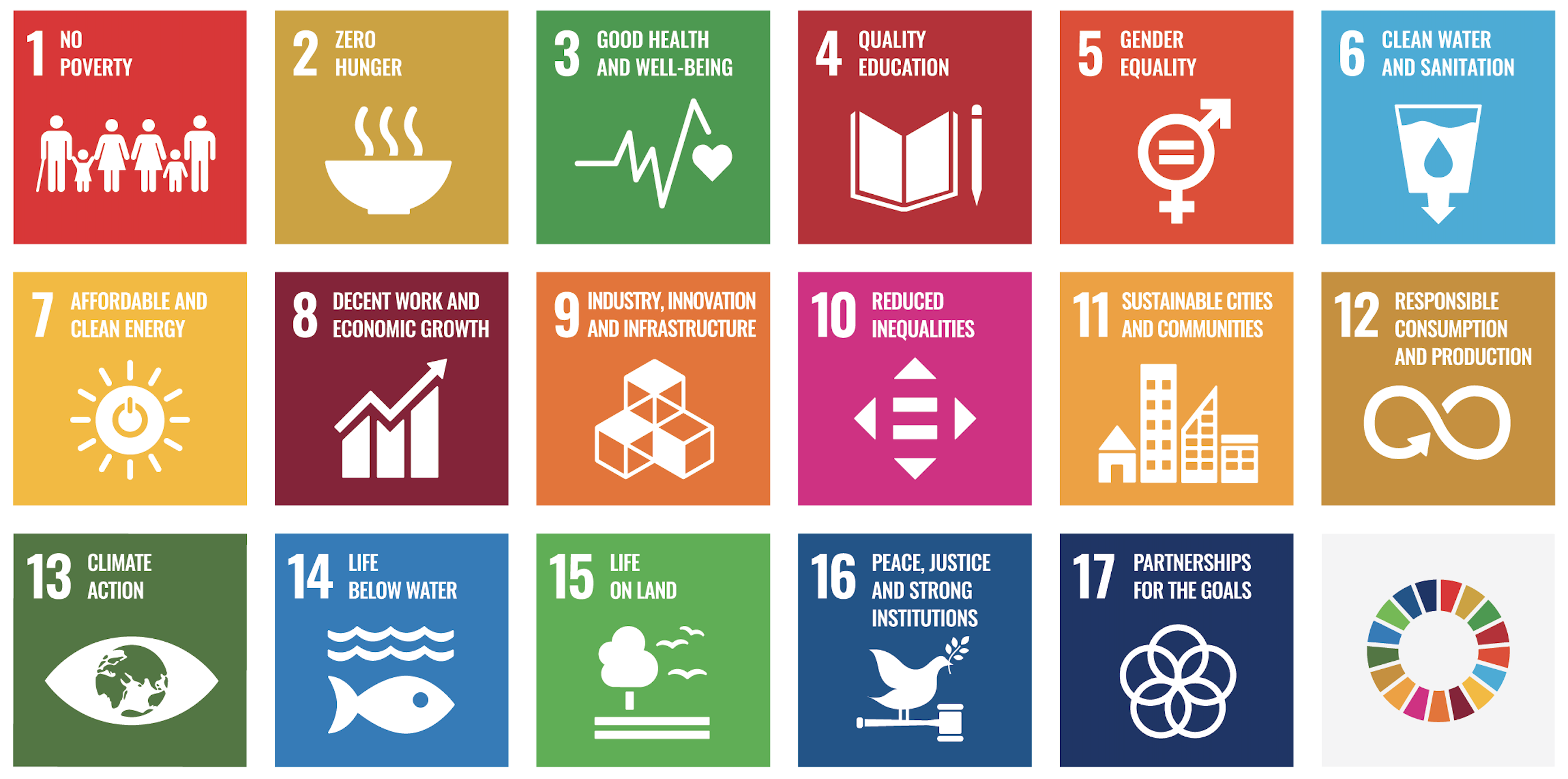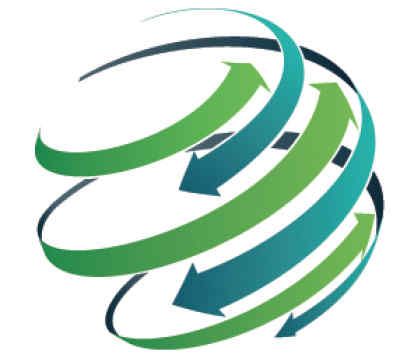Module details
- Offered to 3rd & 4th Years
- Thursdays 16.00-18.00
- Planned delivery: On Campus - South Kensington & Independent Study
- 2 term module worth 5 ECTS
- Available to eligible students as part of I-Explore
- Extra Credit or Degree Credit where your department allows
Follow up your own interests in a global issue, such as human sustainable development or environmental stewardship, with an extended independent project of your own design.
The Change Makers Independent Project is ideal if you have a particular interest in global issues and have an idea or topic of special interest that you would like to explore in some depth. The module consists of independent study, supervised by a Change Makers Teaching Fellow who will meet with you on a regular basis to discuss your progress. Your supervision will consist of some individual one-to-one meetings and some meetings with the whole cohort of students undertaking Independent Projects to share ideas and progress.
The topic and design of the project must be agreed with both your supervisor and the Change Makers Field Leader. You will be given guidance to help you define and focus your topic appropriately so that you can complete a rich and stimulating project. At the start of the module, you will be helped to develop a proposal that details the topic, your research question or objective and the mechanism by which you wish to complete your project and be assessed. You will be given lots of ideas and shown different examples of the types of work you could produce. However, if you have your own clear ideas, we will work to incorporate them fully into a project that meets the module description. You will develop your own timetable and meeting schedule in discussion with your supervisor and then begin work on your project.
Change Makers Independent Project
Undertake an independent project to explore a global issue of your choice
Published on May 23, 2022
Listen to Dr Daisy Pataki talking about the Change Makers Independent Project Horizons module option
Please note: The information on this module description is indicative. The module may undergo minor modifications before the start of next academic year.
Information blocks
- Learning outcomes
- Indicative core content
- What happens in this module?
- Learning and teaching approach
- Mapping the Sustainable Development Goals (SDGs) in this module
- Assessment
- Key information
On successful completion of the module you will be better able to:
- Demonstrate systematic knowledge and critical understanding of your chosen topic.
- Propose ways of investigating a real-world issue from a new perspective, utilizing your own skills, knowledge and expertise
- Synthesise, evaluate critically and challenge information and arguments from a range of sources to produce an original analysis
- Work in an interdisciplinary manner to produce work for assessment
- Plan, monitor and review your progress as an independent learner, acknowledging the value of your own unique contributions to knowledge on your subject
- Topics are to be negotiated with individual supervisors and receive the approval of the Module Leader. There is broad scope for the topic, as long as you can demonstrate how it relates to global issues.
In this module you will learn:
- How to ideate and execute an independent project
- About a global challenge topic you feel passionate about
- About critical theories and how they can be used as a lens to frame your research
- How to incorporate feedback to improve your work
In this module you will do:
- Independent, self-directed research on a global challenge topic of your choice
- Peer review and brainstorming sessions with your cohort
- Establish your own timeline and project deliverables
- Something creative, of your own choosing, to expand, enhance or compliment your project
- Produce a portfolio of work that explores your chosen topic and is unique to you
An active learning approach is achieved with the use of workshop sessions and practical activities to help you develop your ideas. You will conduct library and empirical research to support your understanding of your chosen topic. The module progresses with opportunities for self, peer and lecturer formative and summative evaluation and all feedback is provided within seven days and is dialogic in nature. You will be offered opportunities to reflect on the skills that you are developing and to consider how they might be transferable to your core studies. You will be encouraged to incorporate your personal experience and interests into your work, and will be supported to ensure that this is inclusive.
You will receive ongoing formative feedback on your progress and written feedback and provisional marks for your submitted assessments within two term time weeks of submission. Dialogic written feedback is provided for each assignment. As part of the feedback process, you will be asked to write a response to the feedback which is reviewed by the lecturer. In addition, you can sign up for further individual support if required.
You choose the focus of your independent project. Therefore, you can address any of the seventeen SDGs in your project.
Also, we recognise the interrelated nature of the UN Sustainable Development Goals (SDGs) and do not consider individual SDGs in isolation. We adopt a systems-based approach that recognises their cross-cutting nature. Therefore, on this module, your research will be related to a number of the SDGs.
For example, in previous years, students have focused on the following SDGs with their choice of projects:
A project investigating ways of improving domestic air quality in the Global South:
- SDG 3 on Good Health and Well Being (by researching potential for healthier air in people’s homes).
- SDG 7 on Affordable and Clean Energy (through recognition of the unaffordable and polluting nature of commonly used fuels).
- SDG 11 on Sustainable Cities and Communities (by prompting consideration of cleaner and renewable energy).
A project critiquing the ‘fast fashion’ industry:
- SDG 8 on Decent Work and Economic Growth (by evaluating the approach towards labour rights)
- SDG 12 on Responsible Production and Consumption (through a consideration of waste and overconsumption).
- SDG 5 on Gender Equality (by assessing the situation for female workers).
A project investigating plastic pollution:
- SDG 12 on Responsible Production and Consumption (by exploring potential for sustainable use and disposable of materials).
- SDG 14 on Life Below Water (through eradication of waste disposal dangerous to marine life).
- SDG 15 on Life on Land (by ensuring sustainable waste disposal).

- Coursework: Independent Project Submission - see below (90%)
- Practical: Course Performance - decided by your supervisor/s (10%)
Independent Project Submission - Overall submission equivalent workload of a 3000-5000 word essay. E.g. a written report (2500 words) and a ten-minute video (1000 word equivalent). There is scope for the analytical essay assessment to be partially substituted by an alternative form of assessment – i.e. a presentation, a poster or piece of artwork.
The Course Performance mark reflects the level of professional engagement you demonstrate with your supervisor when arranging and attending supervision meetings, responding to feedback that you are given and meeting deadlines.
- Requirements: You are expected to attend all classes and undertake approximately 85 hours of independent study in total during the module. Independent study includes reading and preparation for classes, researching and writing coursework assignments and preparing for other assessments.
- This module is designed as an undergraduate Level 6 module. For an explanation of levels, view the Imperial Horizons Level Descriptors page.
"It’s really amazing to be able to design my own project and to follow up on something that I am really interested in for my future career."
Sir Arthur Acland Prize
Awarded annually for excellence. High scoring work is put forward for consideration by a panel of judges.
Students enrolled for Language modules, the Humanities, Advanced Humanities and Change Makers Independent Projects are eligible.
Got any questions?
Contact the module leader
Dr Daisy Pataki
m.pataki@imperial.ac.uk
0207 594 8922
Room S311, Sherfield level 3
Centre for Languages, Culture and Communication


